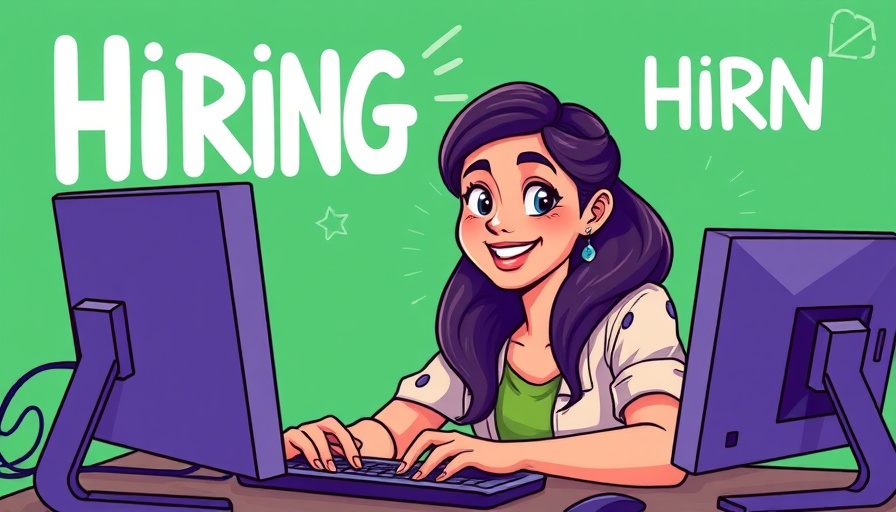
Nvidia's Optimistic Vision for the Future of Work
In an era where anxieties about artificial intelligence (AI) replacing jobs are rampant, Nvidia's CEO, Jensen Huang, is providing a refreshing perspective. In a recent interview with CNN's Fareed Zakaria, Huang expressed his belief that AI will not lead to widespread job loss, but rather a significant transformation of the workforce. He sees AI as 'the greatest technology equalizer the world has ever seen' and emphasizes its potential to enhance productivity across various sectors, making work more rewarding for individuals.
AI as a Tool for Empowerment, Not Replacement
Huang's assertion that AI is not here to replace humans but to augment human capabilities provides a vital counter-narrative to prevailing fears. By emphasizing the role of AI as a 'co-pilot,' he suggests that the technology will handle routine tasks, freeing humans to engage in more creative, strategic, and interpersonal work. As examples of successful AI integration continue to emerge, such as the rapid adoption of ChatGPT, it becomes clear that many individuals find value in using AI tools for the first time.
Historical Context: Technological Advancements and Job Creation
The conversation around AI's impact on employment resonates with historical shifts during the industrial and digital revolutions. While these eras saw automation replacing certain jobs, they also birthed countless new industries and career opportunities. Huang's perspective aligns with the idea that just as technology has transformed work in the past, AI can similarly create new roles, particularly in AI training, data management, and ethical oversight. This historical context sheds light on the cyclical nature of technology's impact on jobs.
Adapting to the AI-Enhanced Workforce
As we look towards this future, the necessity for worker retraining and education is paramount. Huang emphasizes that societies must prepare their workforce for the transition that AI brings. Colleges, vocational training centers, and corporations can play key roles in equipping individuals with the skills needed for emerging jobs in AI. The more proactive we are in education and training, the more prepared we will be to harness AI's full potential.
Actionable Steps for Embracing AI Opportunities
For individuals bracing for the impact of AI in their jobs, staying updated with technological advancements and honing complementary skills—like emotional intelligence, problem-solving, and adaptability—will be essential. Engaging in lifelong learning through online courses, workshops, and community education can ensure your professional relevance in an AI-driven world. Seeking out AI tools relevant to your field can give you a competitive edge and enhance your productivity.
Conclusion: A Call to Embrace Change
Huang’s vision for the future paints a picture of coexistence between AI and humanity, where jobs evolve rather than disappear. As we stand on the brink of potentially transformative change, it is vital for individuals, educators, and policymakers to work together to embrace these advancements. AI isn't just a trend; it's a roadmap towards new possibilities in the workforce. Are you ready to harness this change and cultivate new opportunities? Consider exploring tools like Prompt2Human to gain deeper insights into AI applications without the fear of detection.
 Add Row
Add Row  Add
Add 




 Add Row
Add Row  Add
Add 

Write A Comment